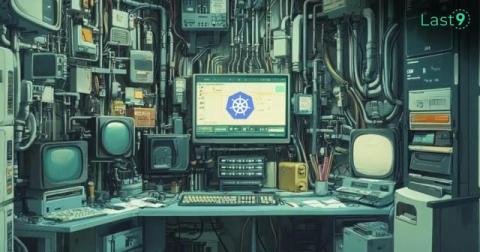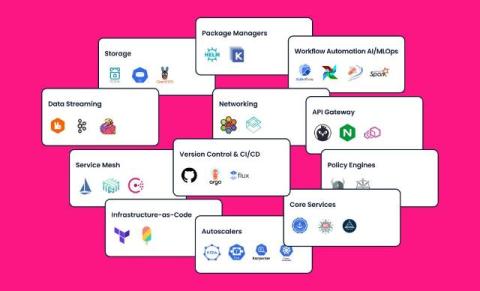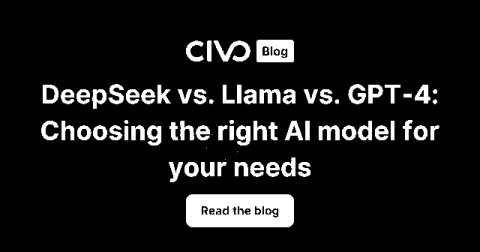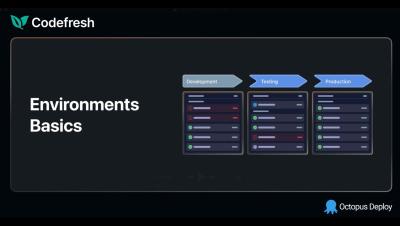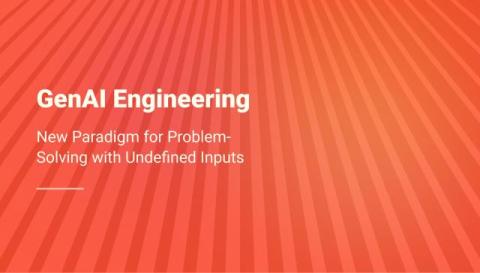Kubernetes Monitoring Helm Chart Office Hours (2025-01-25) | Grafana Labs
In this session of the Kubernetes Monitoring Helm chart office hours, we discuss the freshly released version 2.0 and what has happened since. We also show some details about our plan for the v2.1 release. Finally, we end with Q&A.




